Lines and Angles
Lines and Angles: Overview
This Topic covers sub-topics such as Complementary Angles, Supplementary Angles, Adjacent Angles, Perpendicular Lines, Vertically Opposite Angles, Intersecting Lines, Linear Pair of Angles, Angles of a Shape and, Construction of Angles
Important Questions on Lines and Angles
Find the size of each angle marked.
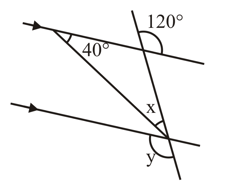
Suppose and are complementary angles. If and . What are the measures of the two angles?
In the given figure, and are two intersecting lines that intersect at . Observe the pair of angles and complete the following table.

| Pair of angles | ||||
By Kawasaki's theorem we can tell that a _____ vertex may be folded to form a flat figure.
By Kawasaki's theorem we can tell that a single vertex may be folded to form a flat figure.
What is the notation for perpendicular lines?
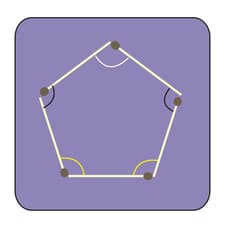
The angle marked in _____ colour is the biggest angle.
Use protractor, measure in the given figure.

What is the measure of the given angle.

Find out how many angles are there in the shape below. Mark them.
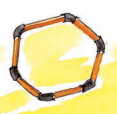
Find out how many angles are there in the shape below. Mark them.
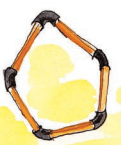
Find out how many angles are there in the shape below. Mark them.
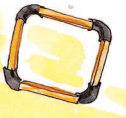
Draw an angle and name it in three different ways.
The symbol is used for an _____.
The common end point is called the _____ of an angle.
How many rays are formed in an angle? Explain with an diagram?
Which of the following objects are perpendicular to the floor?
Choose the perpendicular line in the following.
Two perpendicular lines are same distance apart.
Two lines formed by two perpendicular line segments are also perpendicular.
